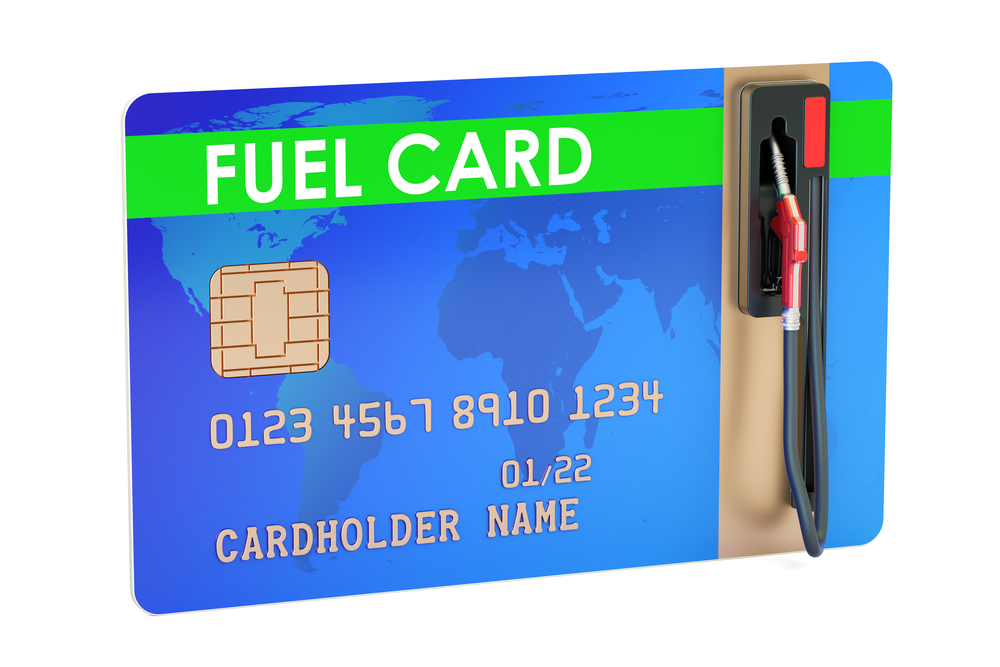Understanding What Fuel Cards Are
Fuel cards work much like credit or debit cards but are used exclusively for purchasing fuel and other vehicle-related expenses. They are often issued by oil companies, banks, or third-party fleet management companies. What sets them apart from standard payment methods is the ability to track purchases, limit spending, and gather detailed reports on each transaction. Most fuel card providers also offer online portals or apps, making it easier for fleet managers to monitor activity in real time.
These cards are accepted at a wide network of gas stations, sometimes even nationwide, offering flexibility for fleets that operate across multiple locations. With each transaction, data is captured automatically, providing a clearer view of fuel consumption patterns and driver behavior.
Enhancing Cost Control and Budgeting
One of the biggest advantages of using fuel cards is the ability to gain control over fuel spending. Traditional payment methods can make it difficult to reconcile receipts or identify wasteful spending. Fuel cards eliminate the guesswork by offering precise data on where, when, and how much fuel was purchased.
Managers can set spending limits based on fuel type, price per gallon, or time of day. Some cards even allow restrictions on purchases to fuel only, preventing drivers from buying unauthorized items like snacks or beverages. This level of control not only keeps costs predictable but also discourages misuse.
By analyzing the data collected through the card system, managers can identify trends or anomalies—such as excessive refueling or frequent purchases outside of designated zones—which could indicate issues like fuel theft or inefficiencies in route planning.
Improving Accountability and Transparency
Transparency is critical in fleet management. Fuel cards allow every transaction to be traced back to a specific driver or vehicle, making it easier to hold team members accountable for their fueling habits. Many systems require driver identification numbers or odometer readings at the time of purchase, which helps verify the legitimacy of each transaction.
This accountability reduces fraud and increases trust within the team. Drivers are more likely to follow company policy when they know their activity is being tracked accurately. For businesses, this means fewer disputes and a clearer understanding of where every dollar is going.
Simplifying Administration and Record Keeping
Administrative efficiency is another major benefit of using fuel cards. Instead of sorting through piles of receipts or manually inputting data into spreadsheets, all the necessary information is automatically recorded and stored digitally. This makes bookkeeping and reporting faster and more accurate.
Fuel card providers typically generate detailed reports that can be easily integrated with accounting or fleet management software. These reports can show total fuel spend, consumption by vehicle, mileage, and other useful metrics. During tax season or financial audits, having organized and comprehensive fuel records saves time and ensures compliance with industry regulations.
Supporting Better Maintenance and Efficiency
Fuel card data can also contribute to improved vehicle maintenance and operational efficiency. By tracking mileage and fuel consumption, managers can schedule maintenance proactively based on actual vehicle usage rather than generic timelines. Catching small issues early—like reduced fuel efficiency—can prevent costly breakdowns down the road.
Additionally, having access to detailed usage data helps identify which routes, vehicles, or driving habits are the most fuel-efficient. This information can inform better decision-making when it comes to optimizing routes, rotating fleet usage, or even selecting future vehicle models.
Choosing the Right Fuel Card Program
With many providers on the market, selecting the right fuel card depends on your fleet’s specific needs. Consider factors such as geographic coverage, reporting features, purchase restrictions, and integration with your existing software. It’s also important to understand the fee structure—some cards charge monthly fees, while others offer discounts or rebates based on fuel volume.
Taking the time to evaluate different options ensures you choose a program that aligns with your operational goals and delivers measurable benefits to your business.
